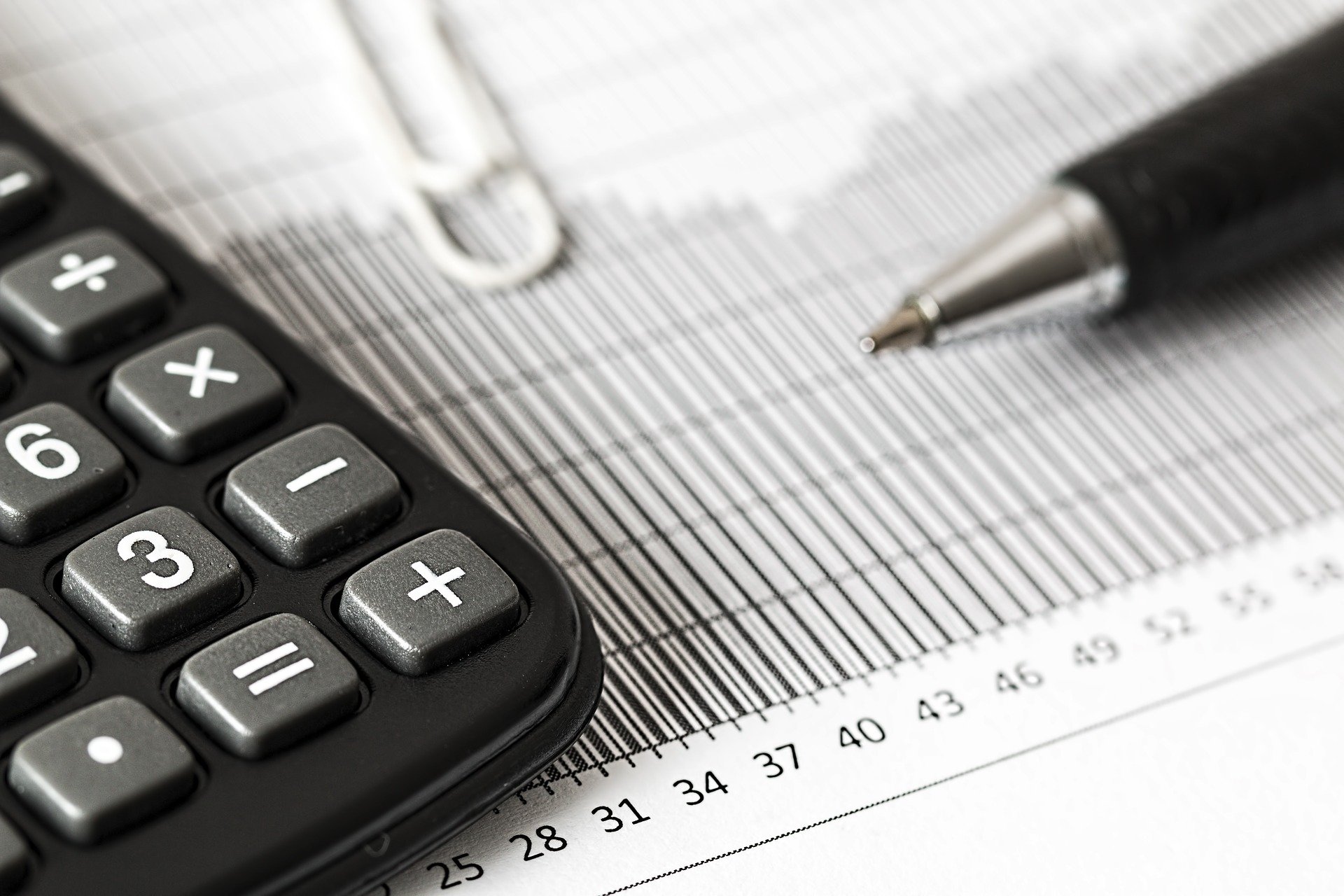Last Updated on Nov 21, 2021 by James W
If you are reliant on benefits to sustain your day-to-day life, you may find it challenging to try and make ends meet.
Attaining additional finance can be an effective way of handling financial matters in the intermediate, however it’s not something to be taken lightly, as some level of liability comes with virtually every source of borrowed income.
Here’s a brief guide of what and how you can get financed if you are ill or disabled.
What loan do you need?
Being on benefits should not prevent you from getting a loan and you could access a variety of loan types, albeit some of them could be with higher interest rates or with one of your assets secured against your loan as assurance. Before you access a loan of this nature, it’s important you understand the ramifications that come with the inability to repay that loan and be as prepared as possible to avoid them and, in a worst-case scenario, face them.
The sort of loans you could gain access to are:
- Budgeting loans: if you are struggling to buy essentials, you may be eligible to apply for a budgeting loan from the government’s social fund. These are interest free loans given to those deemed to need them most, with repayments taken directly from your benefits. In addition, you can apply for business loans as well.
- Unsecured loans: where the loan isn’t secured against an asset of yours.
- Guarantor loans: where your loan is secured against a guarantor who agrees to make repayments for you if you are unable to.
- Secured loans: where the loan is secured against a key asset of yours.
Types of secured loan
If you’re prepared to accept a secured loan and believe you can make your repayments in full and on time, there are a number of possibilities available to you, including:
- Homeowner loans: a homeowner loan will use your home as the security, meaning if you fail to repay your loan your home could be repossessed.
- Car loans: your car is secured against the loan, meaning you could lose your car if your fail to make repayments.
- Logbook loans: the lender will essentially take ownership of your vehicle until your loan is repaid, in full with additional interest.
- Payday loans: an expensive loan format with high interest rates that feature short repayment periods.
- Doorstep loans: a loan delivered and retrieved on your doorstep by the lender, often involving high interest rates.
Seeking alternate methods
There are, in some cases, ways to generate additional income outside of traditional loans. Borrowing money off any family member or friend who’s willing to lend you the money, is an ideal solution to many people as they can forget about pressure factors like interest and timeframes.
However, if you go down this route, you must be careful to be respectful of the loan, and not take advantage of the fact it’s a family member lending you the money rather than an official lender. Money can ruin relationships if mishandled, so you should look to treat a family or friend loan with the same level of care as a normal one.
There are also routes of sourcing finance for those with a bad financial history or credit rating. These sorts of bad finance loans are available from specialised lenders and can help with matters like car financing or short-term loans amongst other things. Again, it’s buyer, or in this case, keep in mind that are likely to face very higher rates and strict expectations on repayments.
It’s reassuring to know that there’s always help out there, if you’re struggling financially, but you also need to be aware of the potential cost of that help in the future. Whether you’re looking to access a type of loan, borrow money from your family or sort out a bad finance deal, make sure you know the full consequences failure to repay would have, and respect your obligations to repaying that loan.




